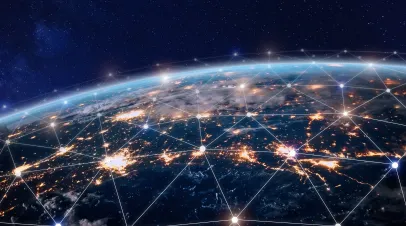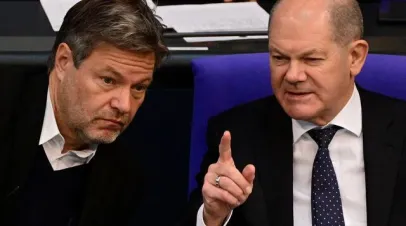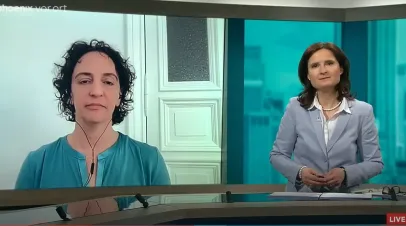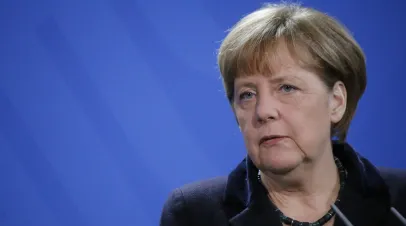Rachel Tausendfreund
Former Senior FellowEnglish
German
Rachel Tausendfreund is a former Senior Fellow at GMF.
Tausendfreund was a visiting senior fellow at the Finnish Institute of International Affairs from August to November 2022. Prior to joining GMF, she was editorial director at the European Council on Foreign Relations, and editor at the German Council on Foreign Relations (DGAP) and its foreign affairs magazine, Internationale Politik.
Media Mentions
Featured Work
Image
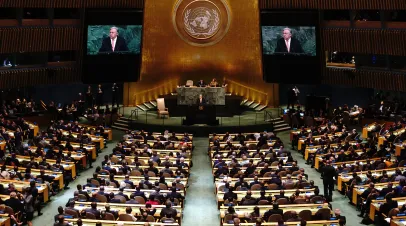
November 13, 2024
Read the full chapter by selecting "Download PDF"....
Image
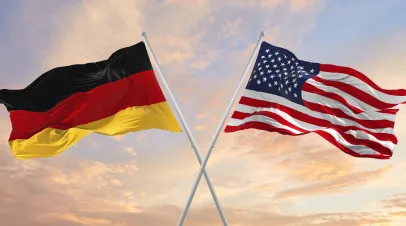
May 23, 2024
The upcoming US presidential election is viewed in Berlin as especially consequential, with concerns over a return of Donald Trump to the White House...
Image
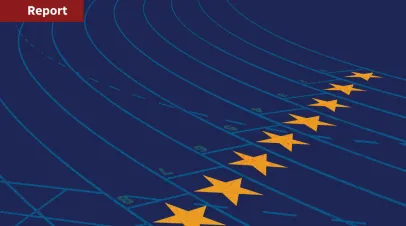
April 12, 2024
The scale of the challenges has pushed the EU Commission to identify what it will take for the bloc to remain competitive....
Image
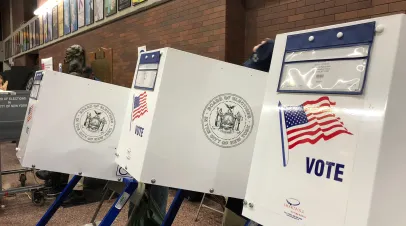
January 11, 2024
In launching GMF’s US elections series, this piece contrasts the expected Biden/Democratic and Trump/Republican positions on three of the issues GMF...
Image
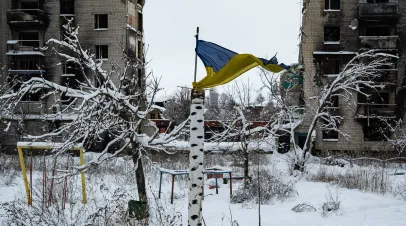
October 12, 2023
Why does aid to Ukraine matter? In our latest quick reads, our experts weigh in as the United States and other countries debate continuing supporting...
Image
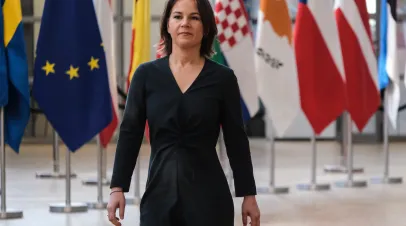
Image
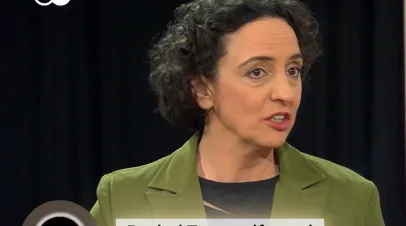
January 19, 2023
Image
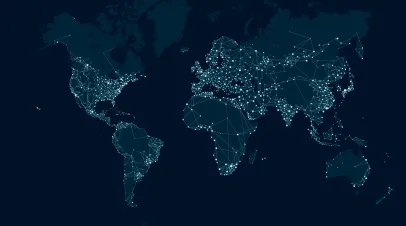
January 6, 2023
GMF experts at the start of last year warily watched the growing Russian threat to Ukraine. “A full-scale Russian invasion has not been as salient a...
Image
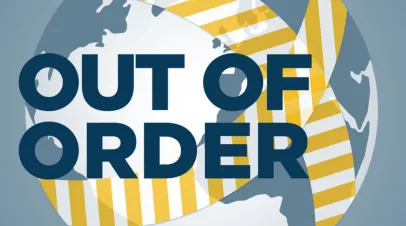
December 12, 2022
Image
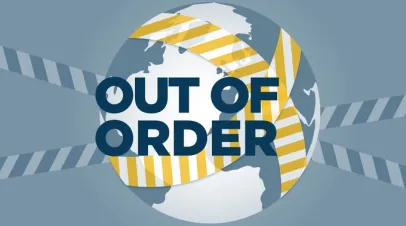
Image
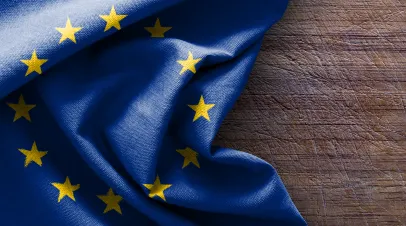
June 6, 2022
As we approach the 75th anniversary of the plan hatched to unite Europe to withstand the Soviet threat, Russia is again threatening peace and Europe...
Image
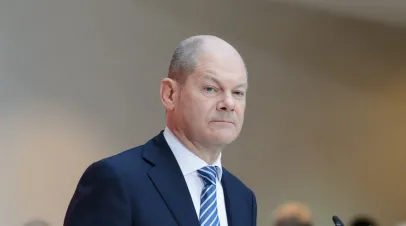
February 28, 2022
Germany’s foreign policy took a dramatic turn on Sunday. ...
Image

Image
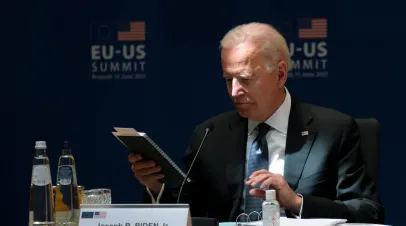
China
United States
Climate Change
Defense Cooperation
Technology and Democracy
Trade, Economics, and Business
January 18, 2022
2021 opened with great promise for transatlantic relations. ...
Image
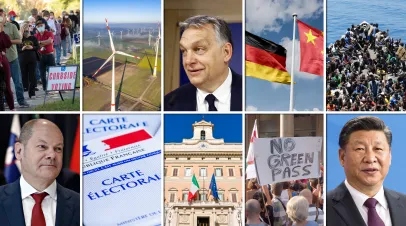
January 6, 2022
As 2022 begins, eyes are trained on the Ukraine-Russia border as the potential for Russian escalation looms large. ...
Image
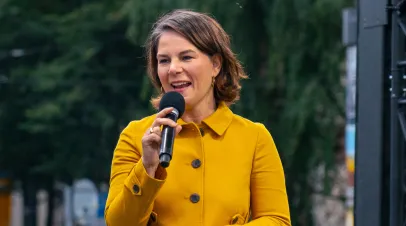
November 30, 2021
In the coalition contract published last week, Germany’s incoming government has committed to pursuing feminist foreign policy....
Image
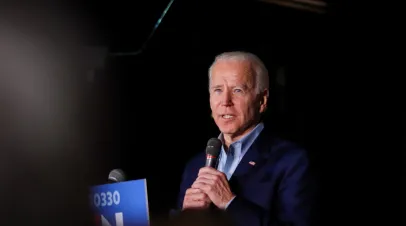
Image

Image
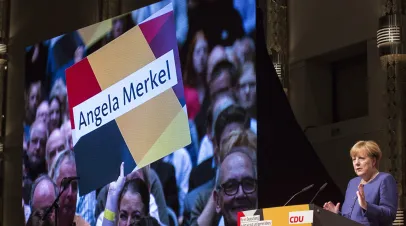
Image

Image

September 5, 2021
Image
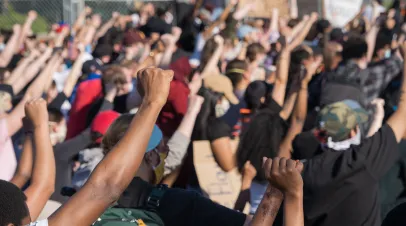
May 14, 2021
Image
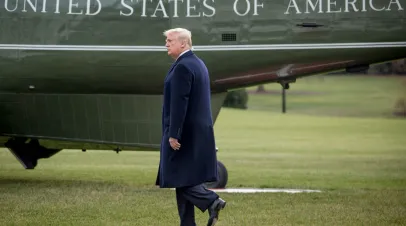
Image
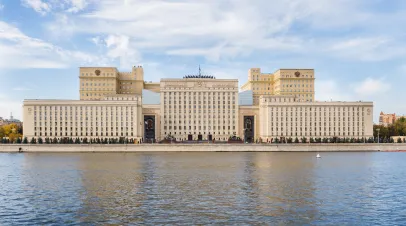
February 1, 2018
Image
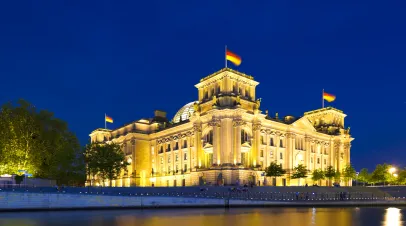
December 18, 2017
